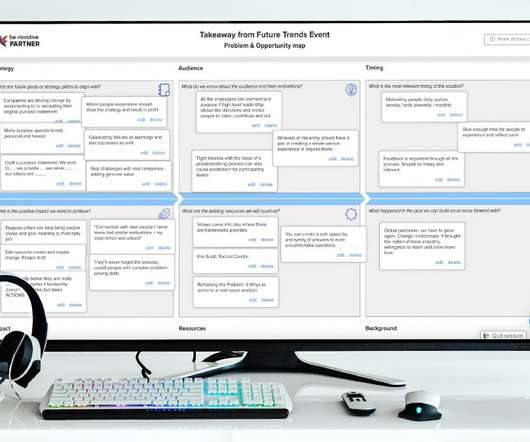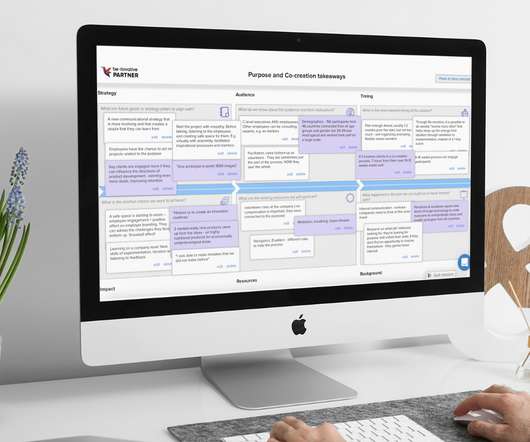Building a Better Work Environment: Conquering Toxic Workplace Culture
Leapfrogging
APRIL 15, 2024
As someone in a leadership position, you have the power to address and amend these challenges. Signs and Symptoms of a Toxic Work Environment A toxic workplace culture can manifest through various signs and symptoms that can be detrimental to both employees and the organization. Understanding these symptoms is crucial.
















































Let's personalize your content